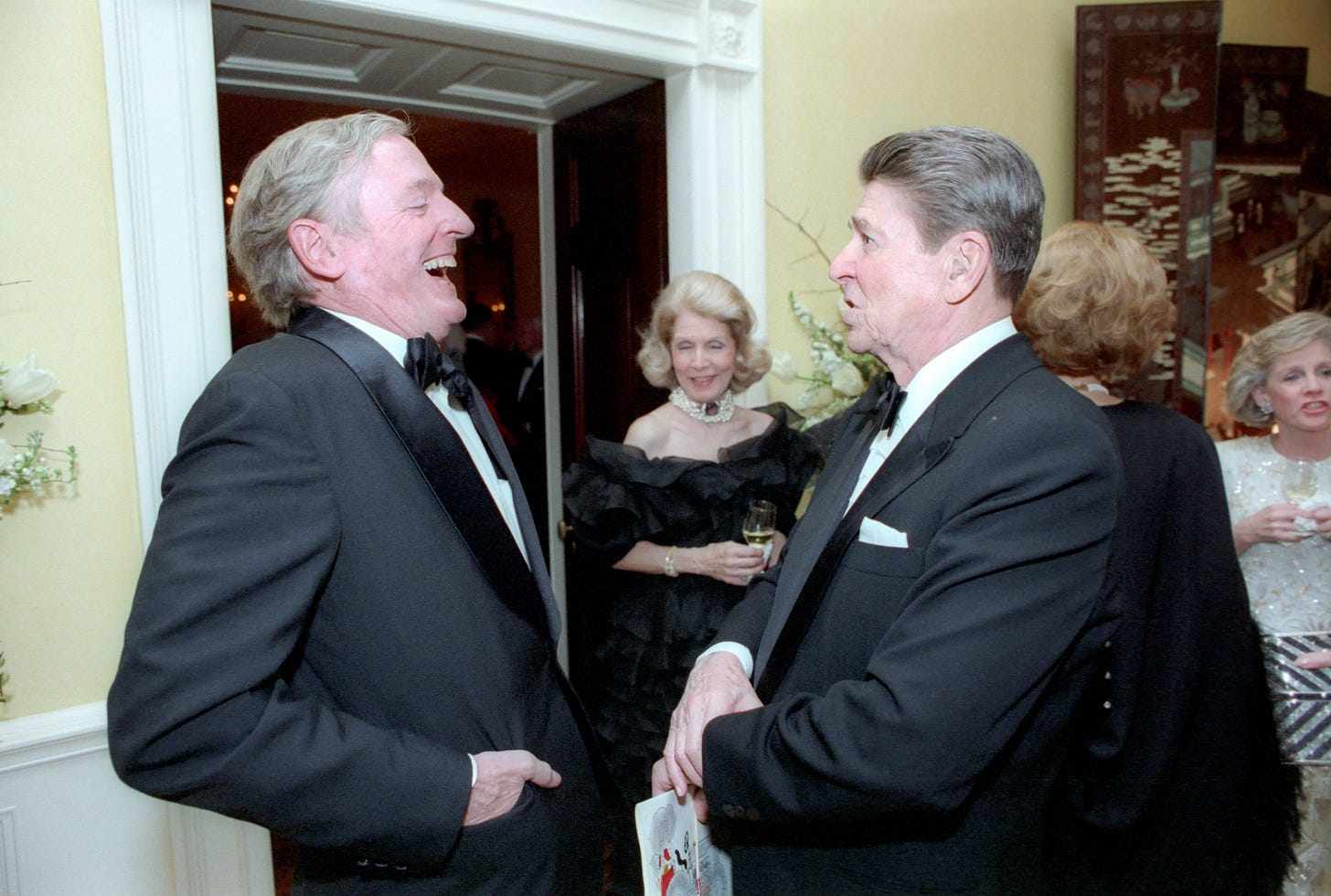William F. Buckley's extraordinary life
The man who cleared the way for MAGA
On April 25, 1969, William F. Buckley Jr. strode into an auditorium at Brandeis University. The 43-year-old conservative writer, National Review editor and popular television commentator was facing an anti-Vietnam War audience opposed to virtually all of his views.
That didn’t stop Buckley from arguing, in his inimitable drawl, that protesters weren’t being sufficiently punished for civil disobedience.
The confidante of President Richard Nixon and his national security adviser Henry Kissinger told the Brandeis students that breaking the law had become a “lifestyle,” that the Great Society’s social goals were “unrealizable,” that sending police to enforce the law on campus was fine because “force can be liberating in certain circumstances” and that one lesson of Vietnam was …




